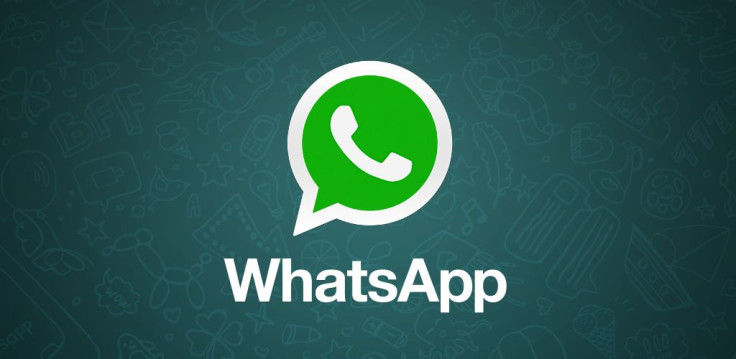Gone are the days where WhatsApp charges is its users a 99 cents subscription fee to chat with their acquaintances. WhatsApp CEO Jan Koum announced the annual fee will be dropped in upcoming weeks at the DLD conference in Munich, Germany.
“For many years, we've asked some people to pay a fee for using WhatsApp after their first year,” wrote the cross-messaging platform, which has nearly a billion active users, in WhatsApp blog's post. “As we've grown, we've found that this approach hasn't worked well. Many WhatsApp users don't have a debit or credit card number and they worried they'd lose access to their friends and family after their first year. So over the next several weeks, we'll remove fees from the different versions of our app and WhatsApp will no longer charge you for our service.”
What makes this move even more surprising is the fact that the company has no plans to introduce third party ads to generate revenue. Instead, they will be adding commercial services to the app from companies like Bank of America and American Airlines.
“Naturally, people might wonder how we plan to keep WhatsApp running without subscription fees and if today's announcement means we're introducing third-party ads,” reads the blog post. “The answer is no. Starting this year, we will test tools that allow you to use WhatsApp to communicate with businesses and organizations that you to hear from. That could mean communicating with your bank about whether a recent transaction was fraudulent, or with an airline about a delayed flight.”
The incentive behind dropping the yearly fee is to help the app grow faster. Currently, the app has up to 900 million active users. While the fee is nominal, it is proving to be an obstacle for certain parts of the world due to payment infrastructure.
“For people in India or Brazil, it’s very hard for them to pay,” said Koum to Wired. “They don’t necessary have credit cards or the infrastructure to make payments.”
WhatsApp was launched in January. 2010 and was purchased by Facebook in February 2014 for $19 billion.

















